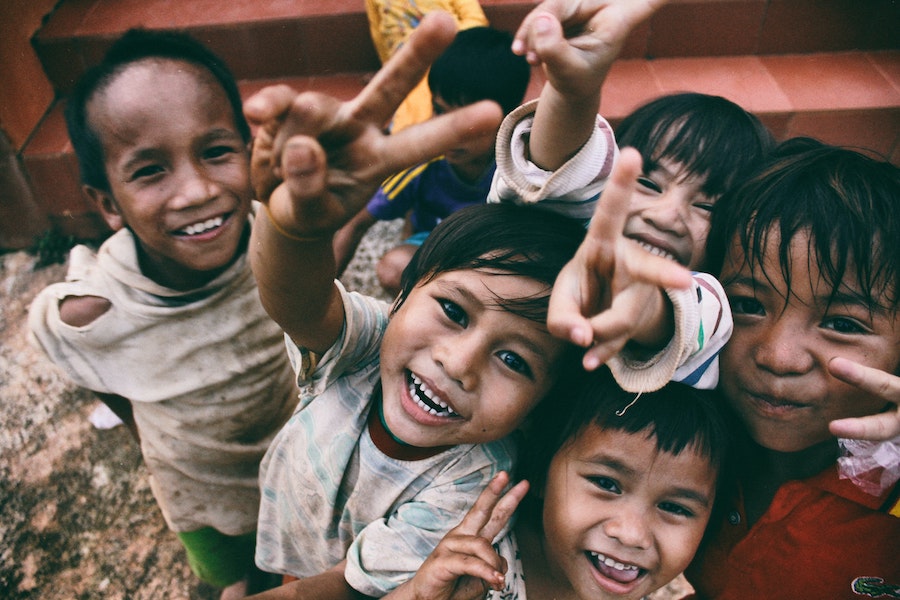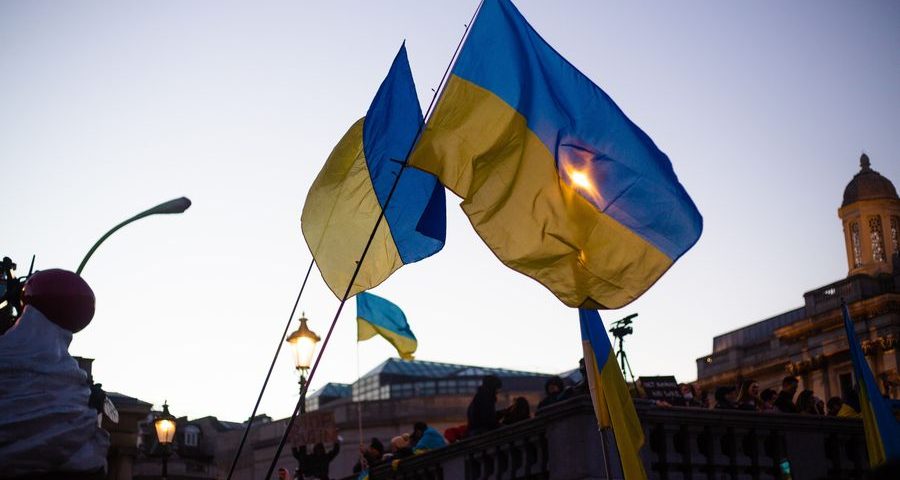
Ethical policies are needed for charity case studies and images, says Rogare
April 22, 2022
EFA launches European Podcast in partnership with David Klajman
May 11, 2022The majority of charities and foundations in Ukraine have continued to support their usual beneficiaries whilst also helping those impacted by the war, resulting in a widespread need for more support and cooperation, a study has revealed.
Zagoriy Foundation surveyed 98 charitable foundations and NGOs in the Ukraine, with the objective of identifying their needs in wartime and helping donors and charities understand what support to offer.
Impact of war
Out of the 98 Ukrainian nonprofit organisations that took part, 60 said they had so far continued all their usual activities during the war. 32 have partially continued and 6 had suspended operations. In terms of staffing, employees of 32 had remained fully in place, while those of 52 had been partially moved to a safe place, and the teams of 14 had been evacuated.
While vulnerable people were the main beneficiary area for the majority of the organisations in peace time, followed by youth and children, this has shifted during the war with the main work area for 68 of those surveyed currently the collection of humanitarian aid.
At the same time, 65 also said they were continuing to help their usual beneficiaries, while 45 were continuing to provide information. Many are also additionally helping those impacted by the war: including the internally displaced, those left without access to basic necessities, military and territorial defence participants, and children and adults injured during the war, as well as representatives of other nonprofits.
Geographically, the impact of the war is also clear. 33 of the organisations surveyed were working on a nationwide level (or across most regions), with slightly fewer (21) active in the Kyiv region, 14 in Kharkiv, and 13 in the Lviv region. No more than three said their activities extended into the Kirovohrad, Khmelnytsky, Rivne, and Odesa regions.
Support for Ukrainian nonprofits
In terms of the help received by nonprofits in Ukraine during the war, humanitarian aid is most common, followed by useful contacts and connections, and financial assistance. Quite a few – 29 – however, have received no outside help.
Most expect support to come from government agencies, and most again would like financial support as well as humanitarian and informational support.
In fact, the largest number of requests for help were for financial support, from 81 of the nonprofits, followed by humanitarian support. The greatest needs were funding to enable them to retain staff and continue their work, funding for logistics and humanitarian aid for beneficiaries, and the organisation of humanitarian aid.
Partnerships are also seen as very important, with 84 of those included in the survey considering them. None said they would not consider them.
When asked what assistance they were able to offer to other organisations, joint coordination of actions came top, followed by information support and the provision of useful connections and contacts.
In a post about the report on LinkedIn, Eugenia Mazurenko, the Foundation’s CEO, shared her personal insights on the findings and drawing attention to the need for support and cooperation, saying:
“85% of surveyed organisations said they were considering partnerships. Coordination of actions is the most common answer to the question: “How can NGOs be useful for other institutions?”. The nonprofit sector is open to cooperation to meet charitable needs.”




